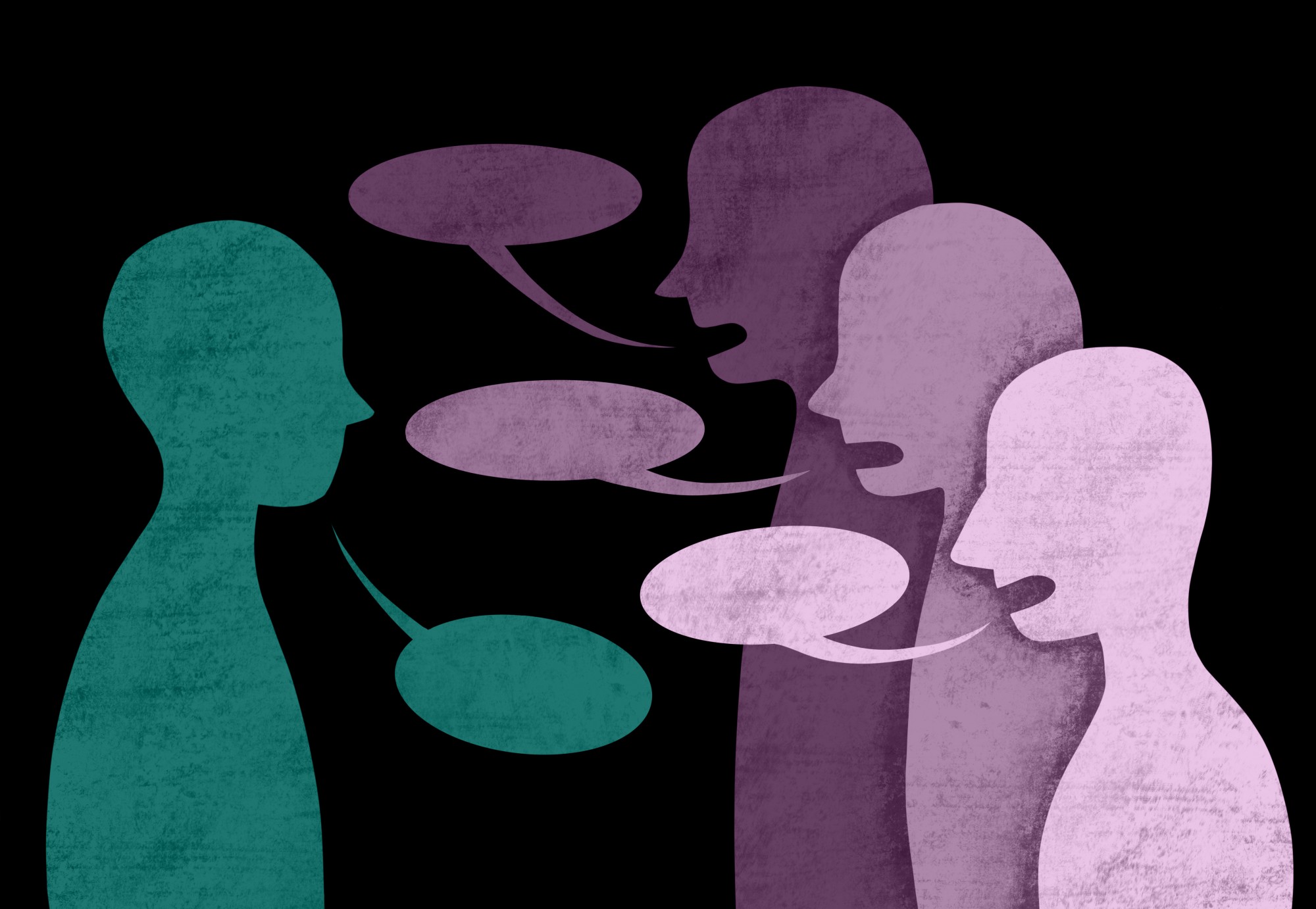In what some call a divisive culture on campus, the Minnesota Student Association is pushing for First Amendment education and a stronger University of Minnesota free speech policy.
While current University policy affirms that students have freedom of speech rights under the First Amendment, some MSA members say that the policy lacks guidelines for how students can exercise that freedom. The undergraduate student government, in an effort to outline for students what their constitutional rights are, is currently in the process of pushing for a more comprehensive policy. It will also encourage campuswide education, like panels and listening sessions.
“We, as a University, are very lucky to have policies that affirm our First Amendment rights,” said Margaux Granath, a MSA at-large representative. “However, they are in no way comprehensive.”
Granath said she is concerned that current policy does not expand enough on student rights, only stating that they exist. While public universities are not required to have their own free speech policies, MSA is looking for the University to adopt what is known as the Chicago Statement.
A policy regarding free speech adopted by about 60 universities nationwide, the Chicago Statement states it “will help hold [an] institution accountable for protecting the free expression of rights of students and faculty.” Granath said MSA would like to see University administration adapt the statement to meet the specific needs of the University.
Maggie Towle, interim vice provost for student affairs and dean of students, who has been working with MSA since spring 2018, stressed the importance of this issue since “divisiveness” is “really starting to affect all [University] students.”
“There are many different viewpoints. I think people need to understand how to listen and have dialogue versus just shutting people down, and getting violent, or hiding behind social media,” Towle said.
One of those specific needs is a more “proactive” rather than “reactive” approach to campus incidents, said MSA Campus Life Committee Chair Levi O’Tool.
“We see discussion of it only after events, like if there’s a controversial speaker that comes to campus or something like Paint the Bridge, and then we talk about it, rather than proactively having the conversation,” O’Tool said.
In September, the UMN College Republican’s panel on Washington Avenue bridge was defaced for the fourth consecutive year. The mural was vandalized for its political messages, and the incident has sparked some controversial conversations about what is protected and what is not under freedom of speech.
Advocacy efforts surrounding freedom of speech are not new to MSA. In spring 2018, a resolution on freedom of speech failed to pass in MSA forum due to a lack of student group representation on the issue. However, the Student Senate passed a resolution asking the University to adopt formal freedom of speech guidelines.
This year, however, MSA says it is dedicated to gathering those voices and educating the student body as a whole.
“We want to have a culture and stance amongst students and the University that we acknowledge that there’s going to be some different speech and different ways of people expressing themselves, yet acknowledge that they have that right,” said Blake Paulson, a member of the MSA campus life committee.
Towle emphasized that administration is open to seeing what students want to see changed in the policy.
“It’s really important that we as a community here on this campus have a conversation on … how we talk about free speech issues, and work with students so that they understand the First Amendment, and what role they can play in these conversations,” Towle said.







